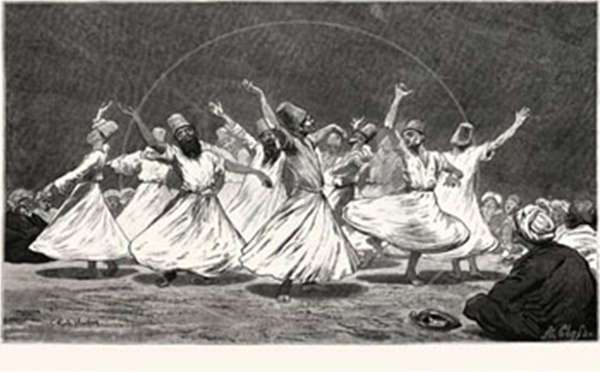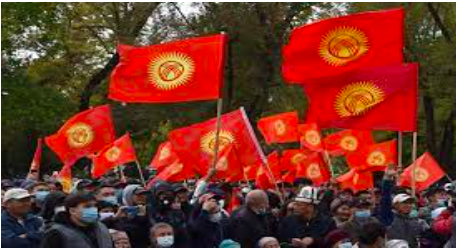Zikris
Posted on : September 2, 2019Author : AGA Admin

Zikris, are predominantly Baloch, and pray traditionally at Koh-e-Murad—a place central to Zikrism. Theyhave been living predominantly in the southern part of Balochistan called Makran, in Awaran, Khuzdar, Lasbela, Karachi, in the interior parts of Sindh and even in Iran’s Sistan-Balochistan region. Unofficially the global population of Zikri Baloch is believed to be around 750, 000. According to one origin myth, the Zikris came from Fatimid Egypt. In this version, they travelled through Iran and arrived on the Makran coast centuries ago and some consider them as both Shia and Shunni. Despite having presence in all four provinces of Pakistan, they did not become a dominant community since they did not carry out invasions. Nor did they use war as a means of propagating their sect. They kept their beliefs to themselves. And to this day, they are considered to be the most peaceful community of the nation. According to some other writers, Zikri Baloch are followers of the Indian Sufi Syed Muhammad Jaunpuri who founded the sect in the 15th century, when he claimed to be a Mahdi – a messianic reformer of Islam. However, it is also said that followers of the Zikri belief system flourished in the 16th century in Balochistan itself. They are viewed as pure Baloch, who are simple, indigenous mountaineers, shepherds, and nomads, not very interested in the compartmentalization of spiritual beliefsand havingfour enemies. One is the wolf that attacks their live stocks; second is drought; third is the thief who steals from them; fourth is conflict among the tribes. And to prevent the last, they have a simpler set of beliefs. Amongst the Baloch, a single tribe is divided into two or more religious groups with somewhat different practices namely the Zikri Baloch and Namazi Baloch (which is the term used by Zikris for their Sunni Baloch compatriots), but this has never strained relations among them and they have historically coexisted harmoniously. In present times hatred has been created against Zikri Baloch accusing them as ‘non-Muslims’. Previously, there was a bifurcation of ‘Zikri and Namazi’; now, it is ‘Zikri and Muslim’. While in the past, Zikri Baloch would constitute perhaps 90% of the population in Balochistan’s Makran division, that has now been reduced to 30%. This decline has been attributed to a growing intolerance towards this community.




